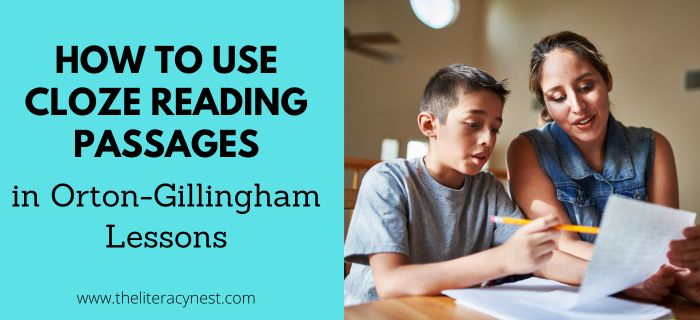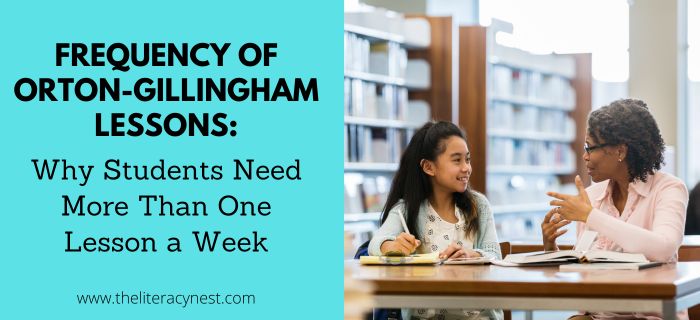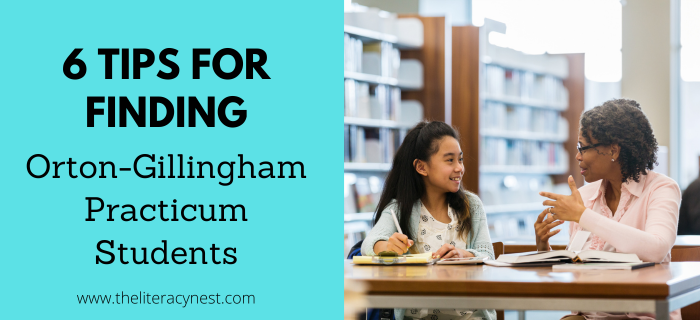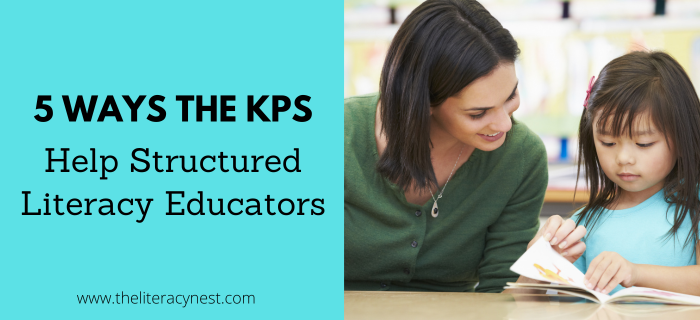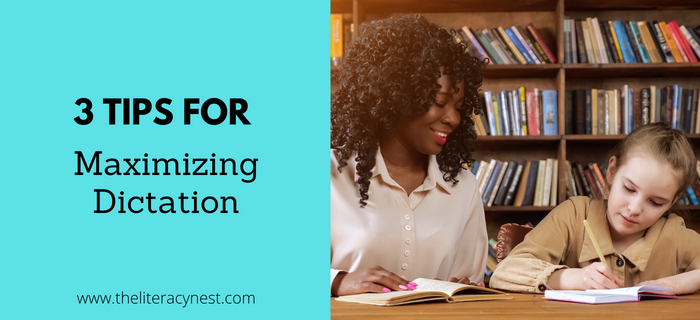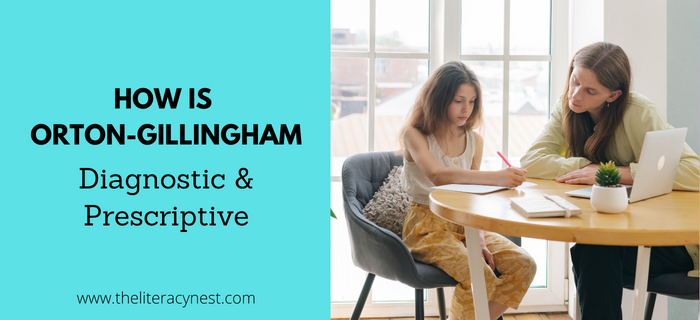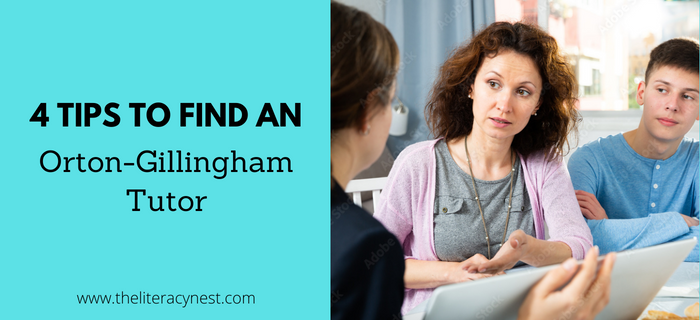Top Orton-Gillingham Refresher Course Options!
An Orton-Gillingham refresher course is for someone who has already completed a training course at Orton Gillingham. A refresher course reviews key principles and areas that may be trickier to teach. A refresher training may also help you plan instruction for your current students’ needs. It also provides you with the most current training information…


